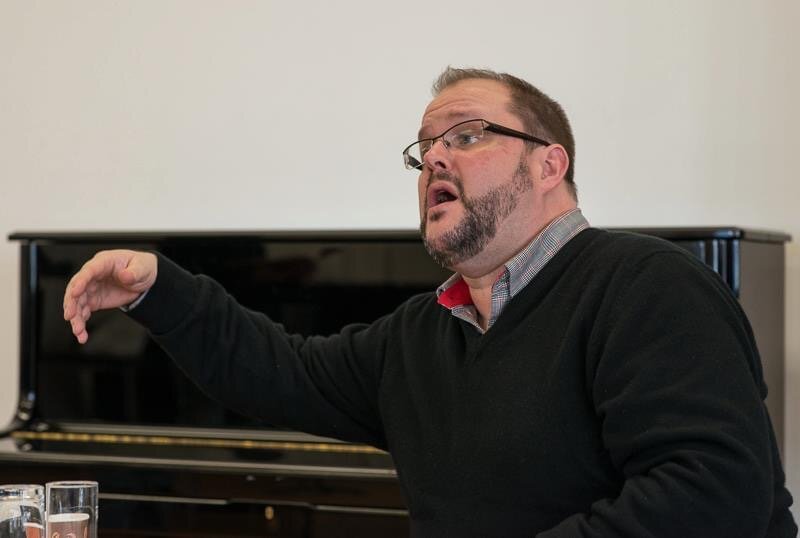
Teaching is my passion!
Special Skill Sets
Early Music
James’s experience as an Early Music performer ranges from Hildegard von Bingen to Mendelssohn. He has 17 years’ experience teaching early music singers at Yale University. Among other genres, programs there have included Gregorian Chant, cantigas de Santa Maria, medieval polyphony, frottole, madrigals, monody, lute song, and airs de cour.
Pedagogy
James has an intense interest in Vocal Pedagogy and has spent substantial time dedicating himself to this area. He has taken pedagogy courses and engaged private teachers to instruct him in a variety of subjects, including Vocal Pathology. After experiencing vocal trauma of his own, his interest in this area has grown. His own search for answers, cures, and remedies has made him an empathic and well-informed teacher, and has greatly influenced his teaching style and approach.
Oratorio
James is particularly at home in the Baroque period. Mainstays of his repertoire are the works of Bach and Handel, which form the core of the ISM voice program. He rotates concert programs regularly, alternating between pieces in German, French, Italian and English. There is equal emphasis on Classical, Romantic, Modern and Contemporary works. James has created more than 30 hours of Powerpoint presentations on the history of Oratorio, ranging from Medieval mystery plays to the present day. The ISM’s new music commissioning initiative ensures that we find our place in the current world and are not blind to the issues of our own day.
Opera
Although opera never featured prominently in James’ singing career, his original intent was to become an opera singer, and he studied accordingly, spending years in opera programs and the “Opernstudio” at the Bavarian State Opera, and enjoying a variety of guest engagements in Stuttgart, the Monnaie, Boston Early Music and on various tours. James encourages his students to learn and polish various opera arias during their short time at Yale.
Art Song
An active recitalist, James has extensive knowledge of Art Song repertoire and works diligently to program recitals featuring a broad spectrum of repertoire from all eras. The third pillar of the vocal program at the Institute of Sacred Music is Art Song in all its iterations.
Languages
From the time he was a boy, language always fascinated James. At an early age, he determined he would be multilingual. By 50 years of age, he vowed to speak German, Italian and French. Now over 50, James speaks fluent German, and has dedicated significant time to French and Italian, which he speaks conversationally. He’s a diction aficionado and enjoys nothing more than teaching the intricacies of language pronunciation to young singers. An additional specialty is the pronunciation of German, French, and Italianate Latin. For his Latin diction course at Yale, he has penned his own textbook.
Book James for a Master Class!
Teaching Statement
I must admit, I find teaching statements a bit odd. After all, is there a teacher out there who doesn’t want their students to excel, to sing beautifully and masterfully, and to find success in their chosen field? Of course not! I certainly want all these things and more for my students. When I offer advice to students seeking a new teacher, I tell them to not only look for someone with a strong track record, and happy, successful students, but also that they should seek out a teacher whose basic singing aesthetic matches their own. “Does this teacher like the kind of voices I tend to like?” “Do I identify with the singing of this teacher and of their students?” There are so many different approaches to singing and not every approach is right for every singer. It is important to find a teacher whose opinion you will respect regarding vocal technique, production, and style, and who will lead you down the path you want to take.
So, what makes my teaching different? What do I find important, and what do I stress? Above all, I like natural and individualistic voices, and I like singers who communicate honestly without artifice. Of course, these qualities are subjective, but for me everything centers around uniquely beautiful voices, optimal vocal technique, precise language skills, and overall, a desire to communicate. I believe it is impossible to be an effective communicator without possessing a sound technique. These things go hand in hand. I am a no-nonsense teacher. There are no secrets and no smoke screens. I am straight-forward, and I endeavor to make both technical and artistic concepts logical and easy to understand. I am keenly aware of the fact that we all learn in very different ways, and that each student comes to me at a unique stage of their development. In short, I encourage healthy, solid vocal technique, beauty of tone, and sincerity of emotion in singing.
For audience members to feel at ease, singers should appear to be at ease. Singers need to feel free and safe to make themselves vulnerable and to wear their hearts on their sleeves. However, visible, obvious “technique” and unintentional physical tension can distract from a meaningful performance. Voices should be free from constriction and the tongue and jaw must be unencumbered in order to articulate quickly and clearly. I often say to my students, “If it looks funny, it is funny!” Additionally, I like my students to be able to talk about their instruments and articulate what they know about vocal technique. I like to ask questions about what it is they are doing, feeling, and trying to accomplish. It is always in the back of my mind that my students will likely teach voice one day, so I give them concrete problem-solving skills, in order that they become their own best teachers. The way I see it, the better a singer understands technique, the more flexible and comfortable they will be with a wide variety of styles. This will make them more marketable in a very competitive field. I want my students to be able to sing everything their voices will healthily allow, and I want them to enjoy all kinds of music. If you can sing Hildegard von Bingen, Richard Strauss, and Duke Ellington, well, why wouldn’t you want to?
Finally, it is my belief that music should be taught as it pertains to all the arts, and to the history of the world at the time of its composition. In my experience, putting music into its historical context is both intriguing and exciting. It imbues students with the ability to be discerning artists and interpreters of music in terms of scope, style, and structure. Armed with this sort of overarching knowledge and a secure, flexible technique, grounded in the Italian Bel Canto style (there, I said it!), young singers will command respect as they enter the professional world.
Teaching and Student
Photo Gallery
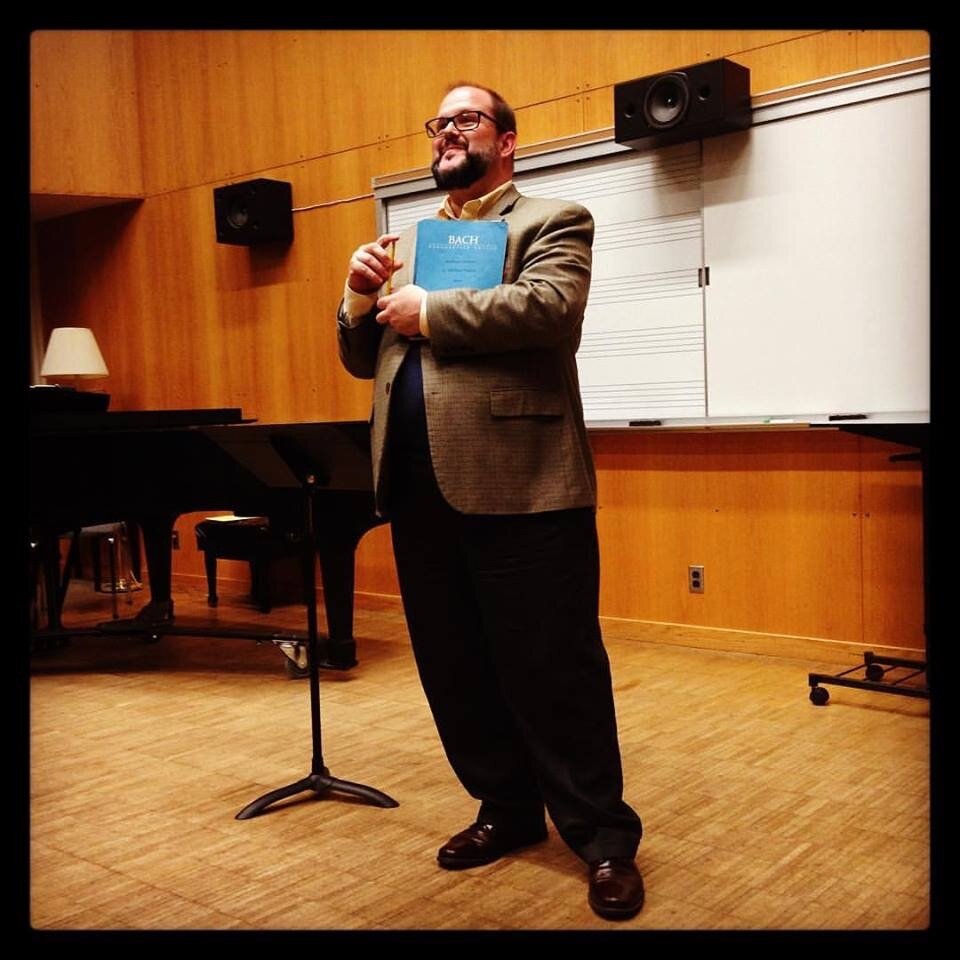
Lecturing on Bach at the Univ. of Minnesota
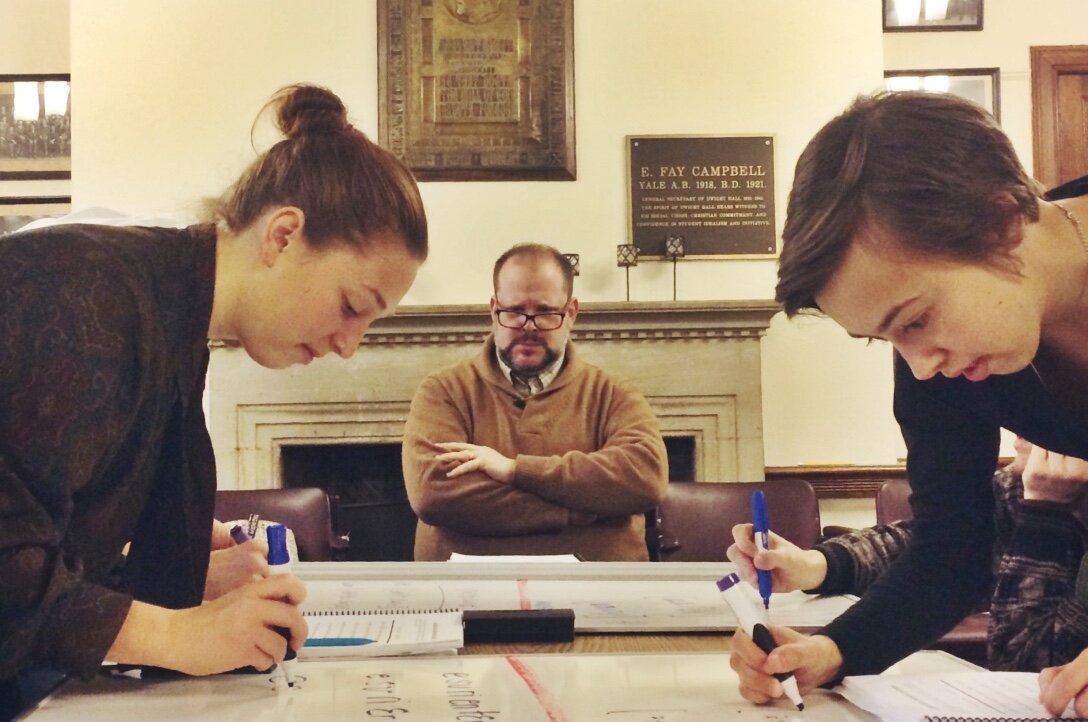
Latin Diction Class - I take this VERY seriously!
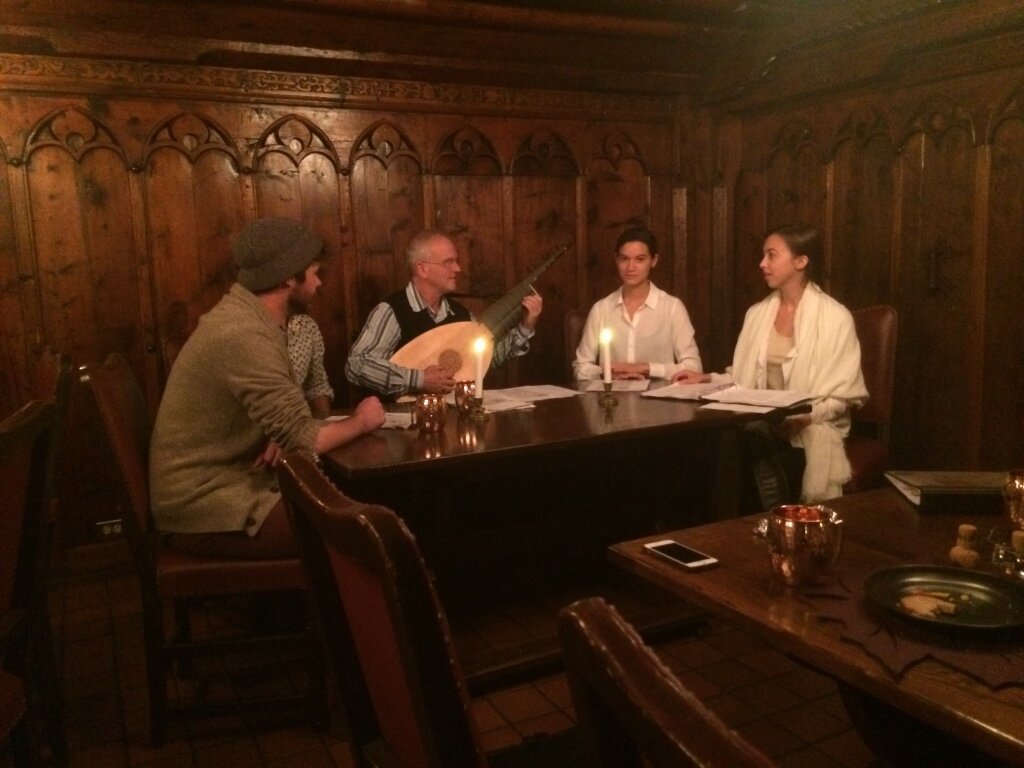
Lute song party with Jakob Lindberg
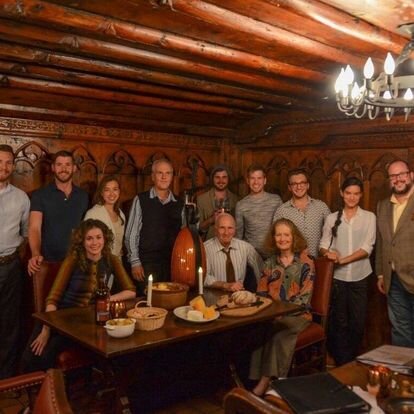
Lute song party in the 16th Cen. Swiss Room at Yale. Special guests Dame Emma Kirkby, Jakob Lindberg and Prof. Peter Hawkins
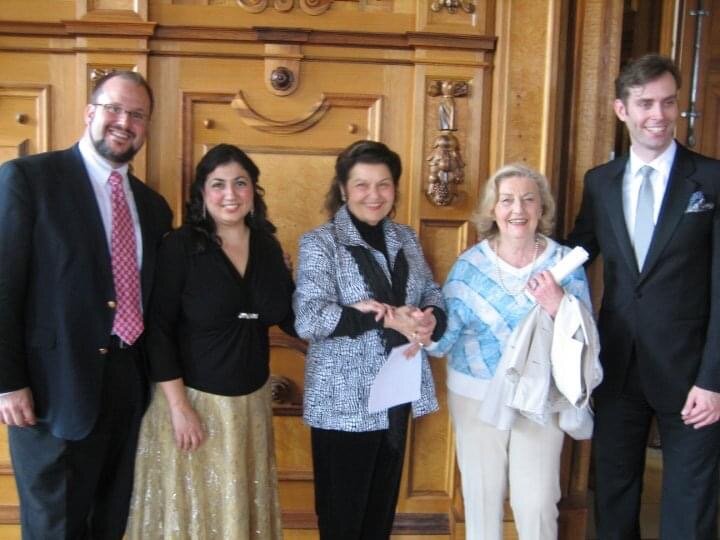
After a masterclass/concert with soprano, Helen Donath. Augsburg, Germany
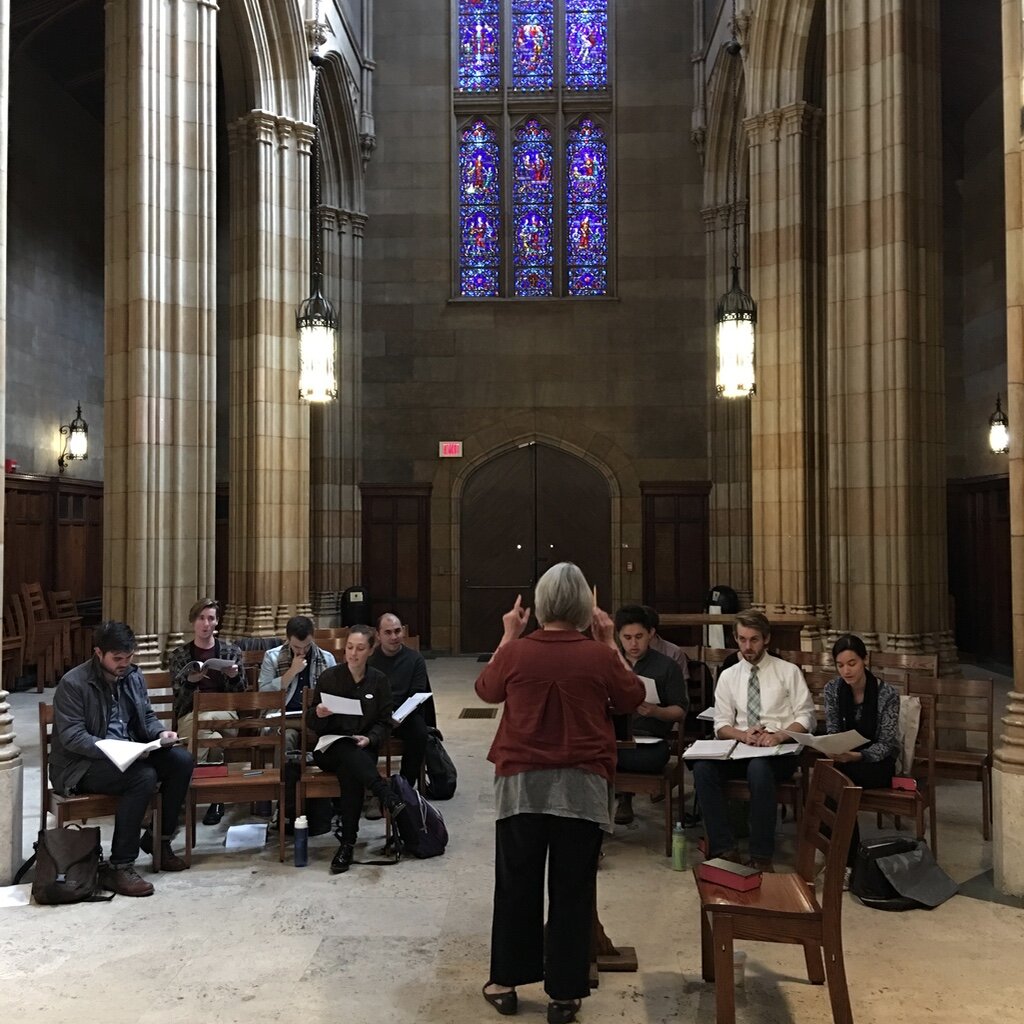
Chant Class with Susan Hellauer
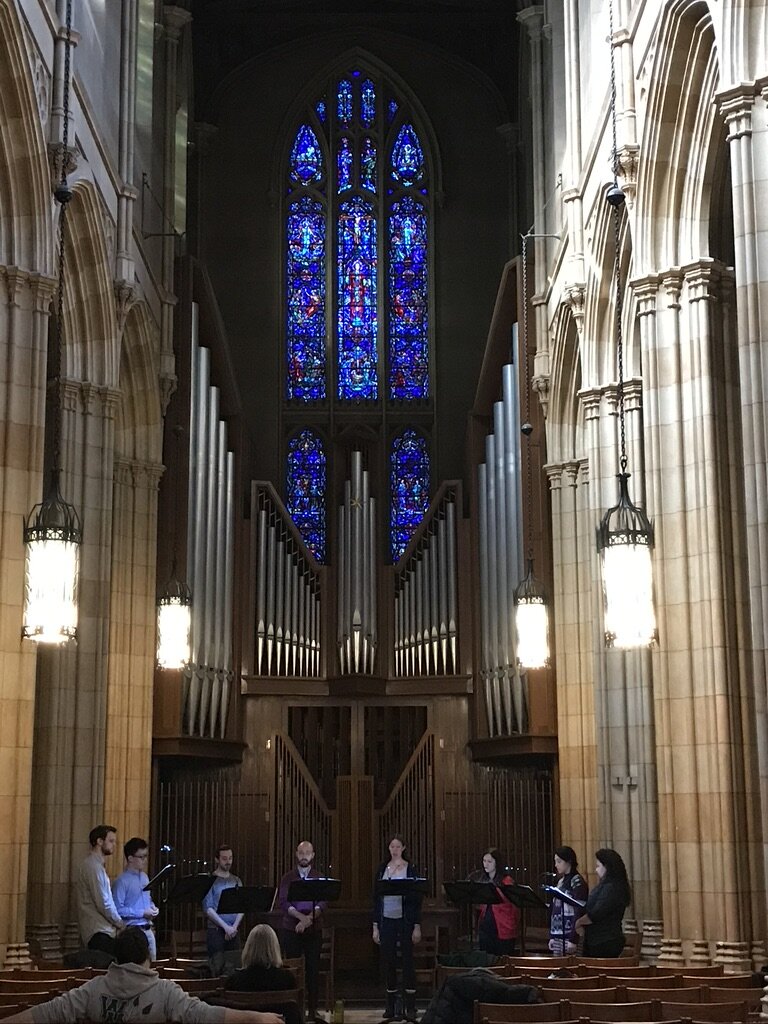
Chant concert in Dwight Chapel, Yale
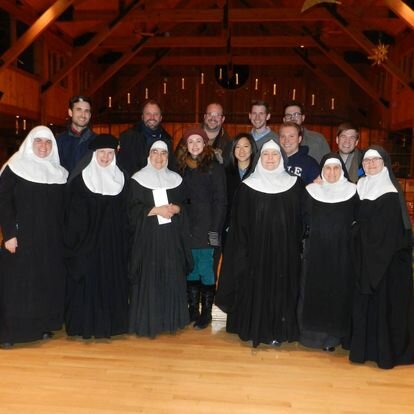
Chant Field trip to Regina Laudis
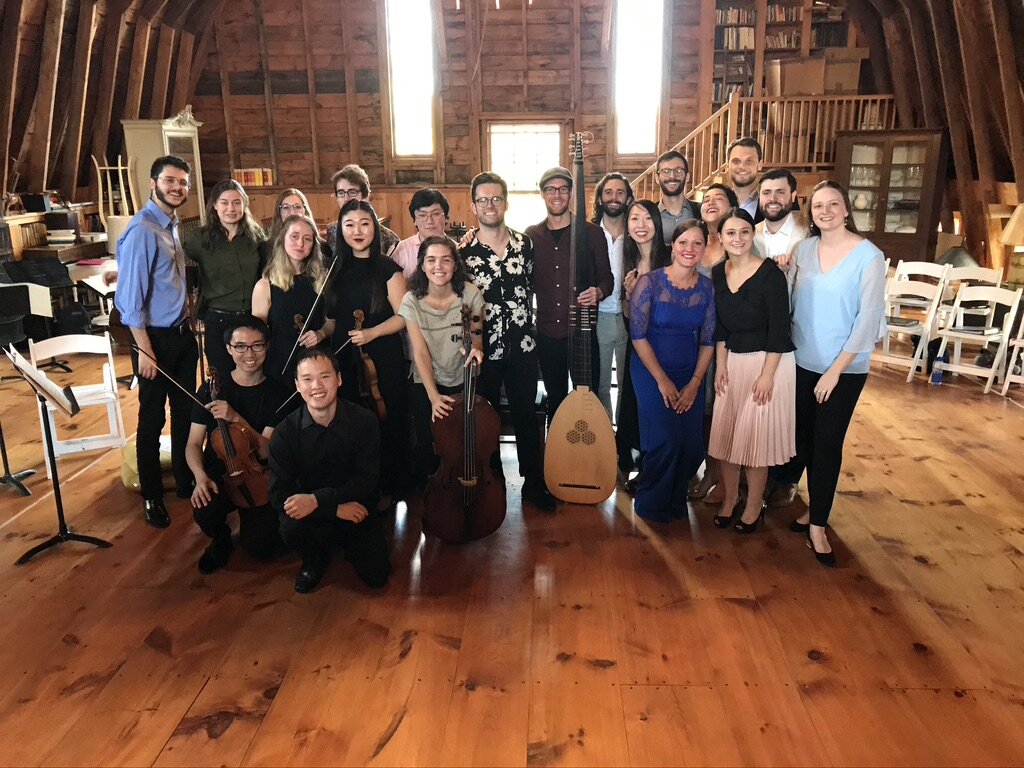
Continuo Weekend in Norfolk, CT
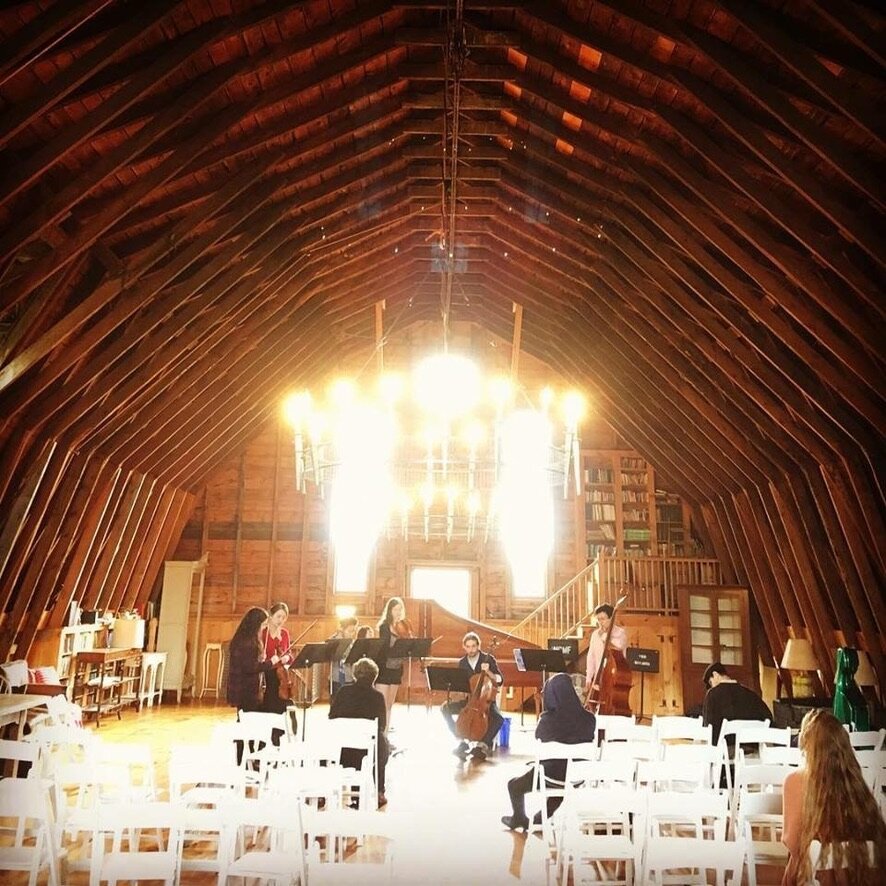
Continuo Weekend in Norfolk, CT. What a barn!
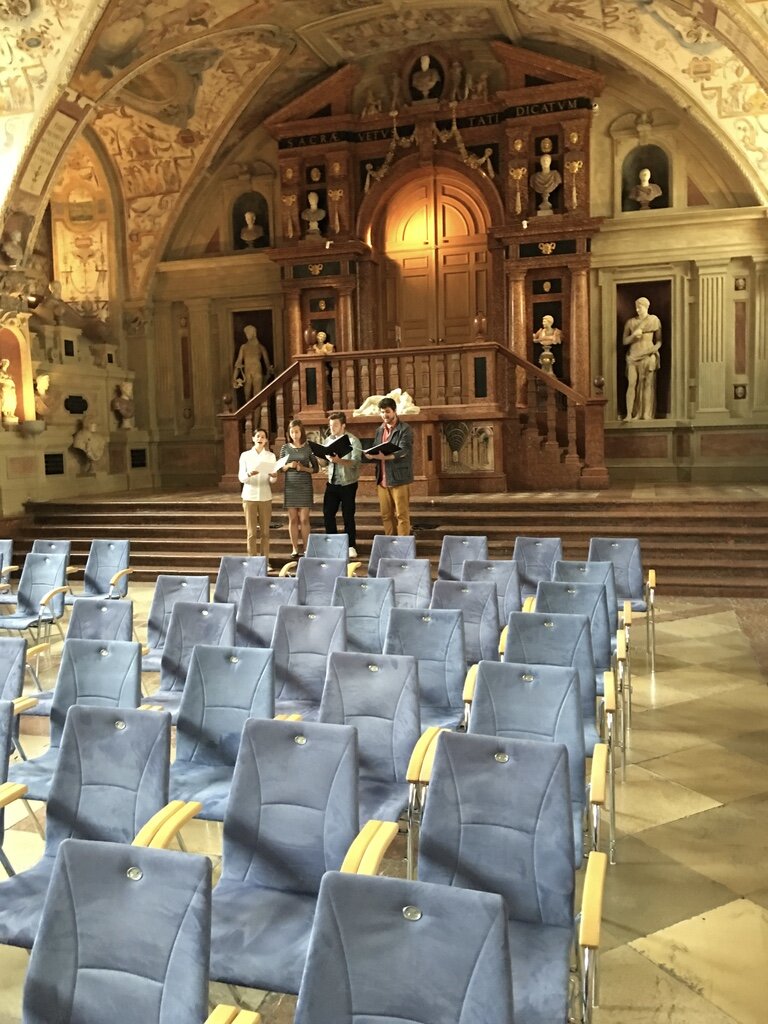
Voxtet singing Orlando di Lasso in the Renaissance "Antiquarium" of the Munich Residenz
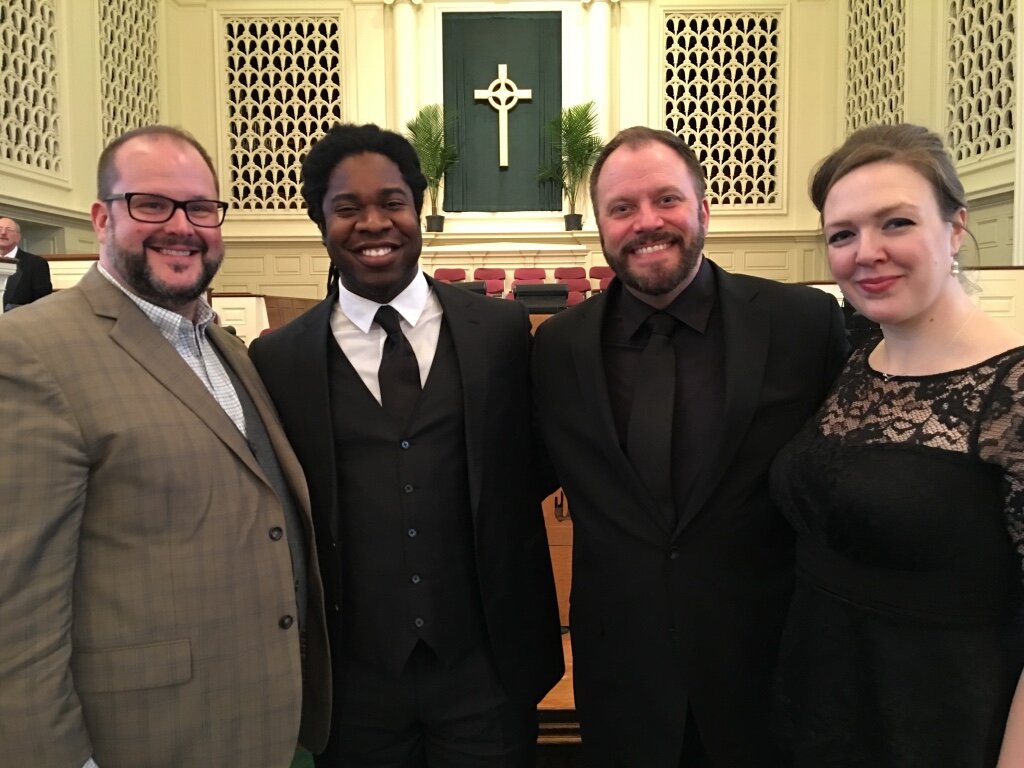
With Dashon Burton, Thomas Cooley, and Laura Atkinson, after a performance of the Matthew Passion in Bethlehem, PA
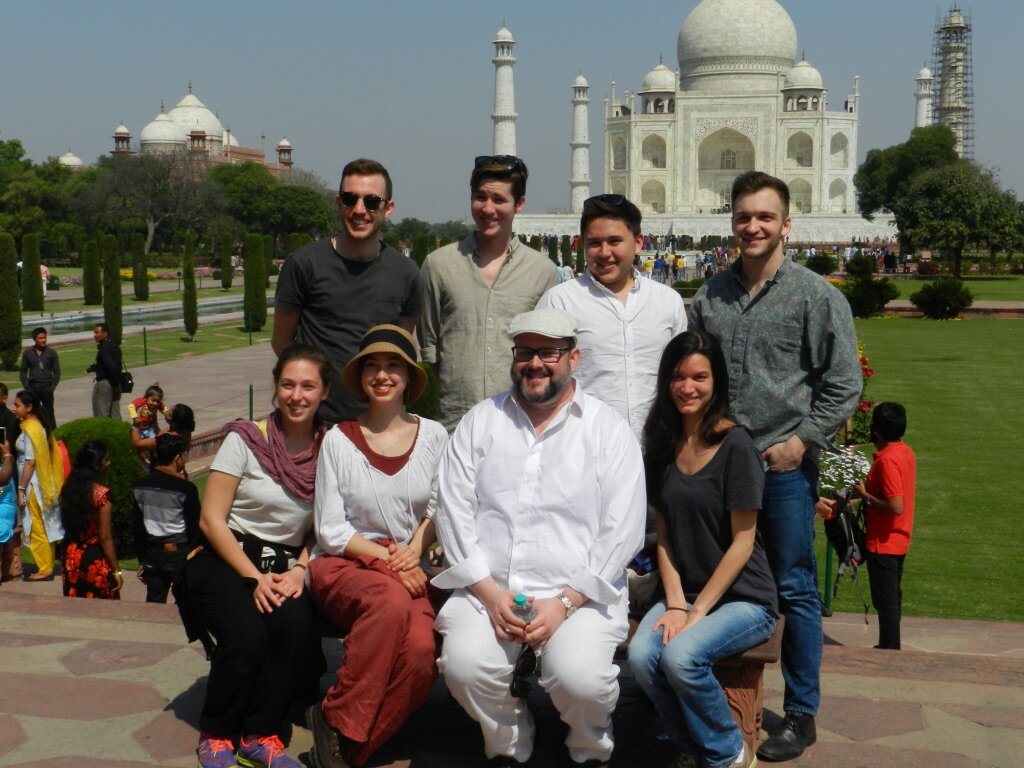
The Voxet at the Taj Mahal, Agra, India

Students enjoying the Holi Celebration in Agra, India. I LOVE the joy in this photo!
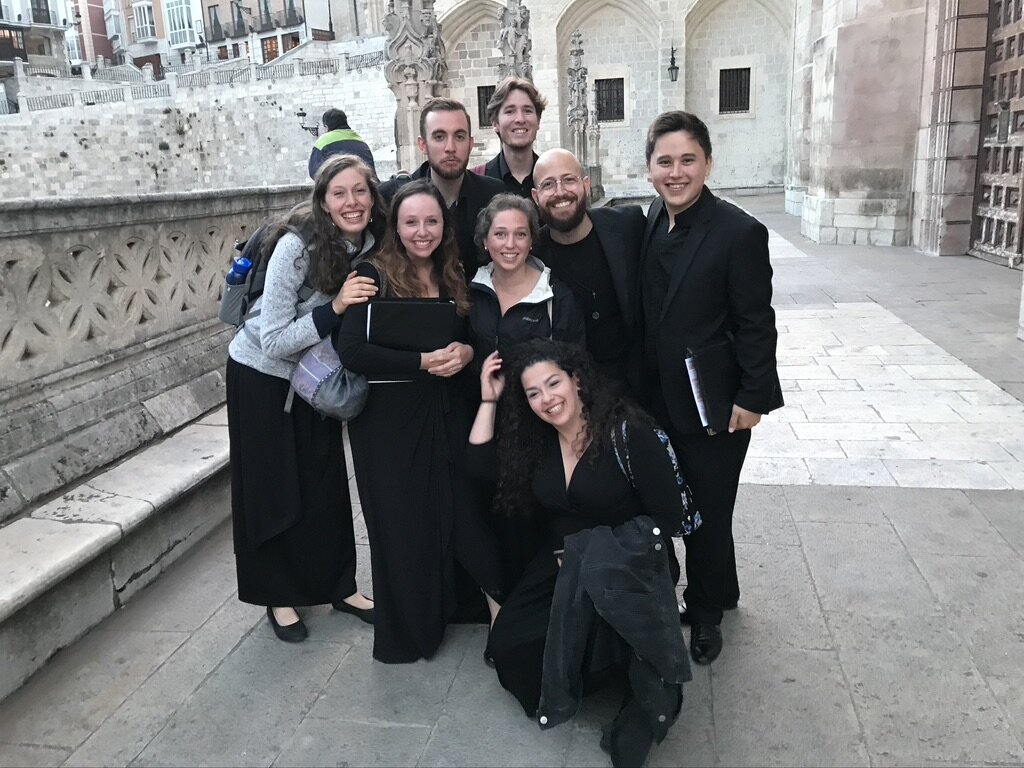
Singing in Burgos, Spain
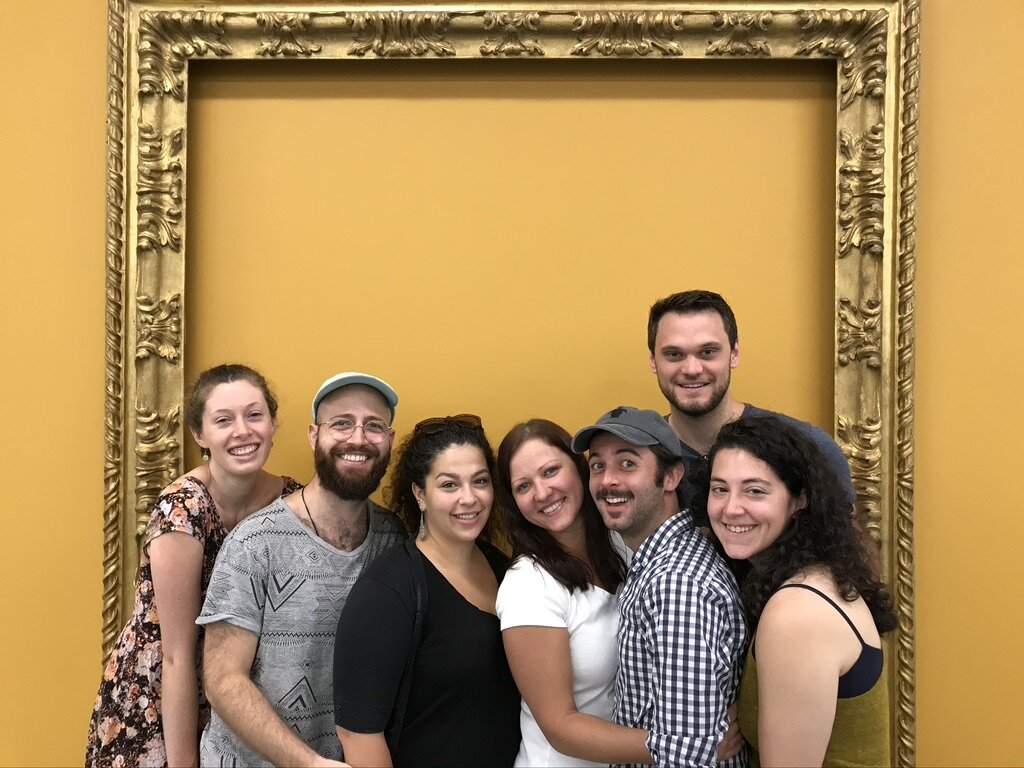
Touring the Yale Art Gallery
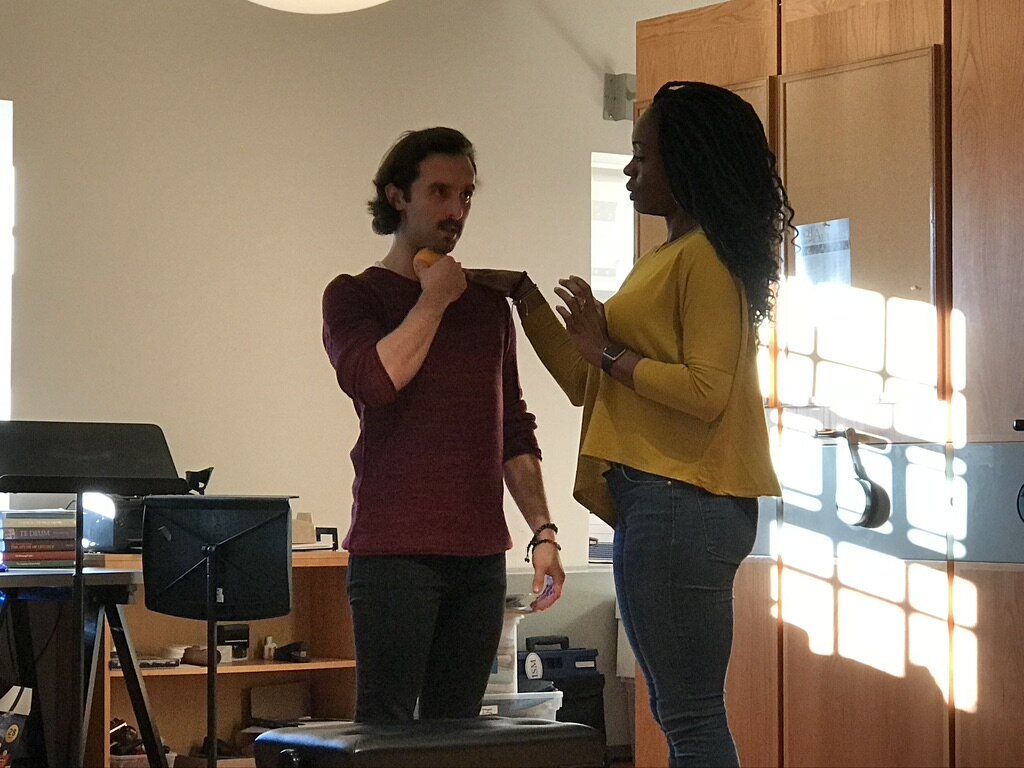
Jeanine De Bique master class with Corey Shotwell
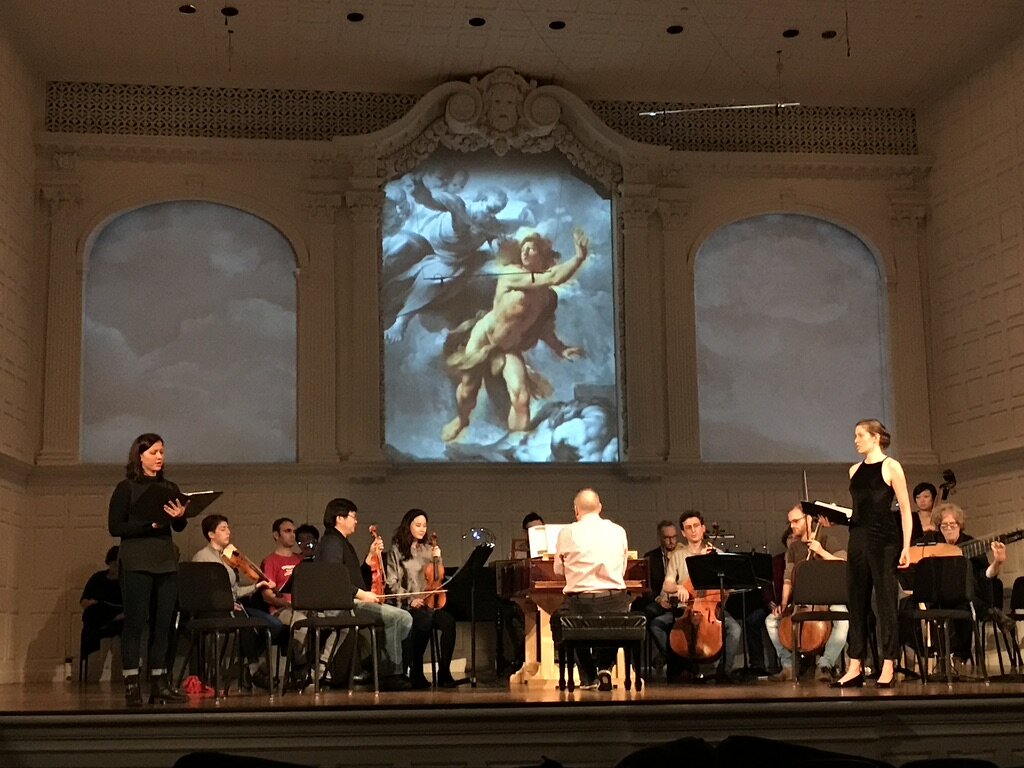
Voxtet performance of "Il Primo Omicido" with Nic McGegan and projections by Camilla Tassi
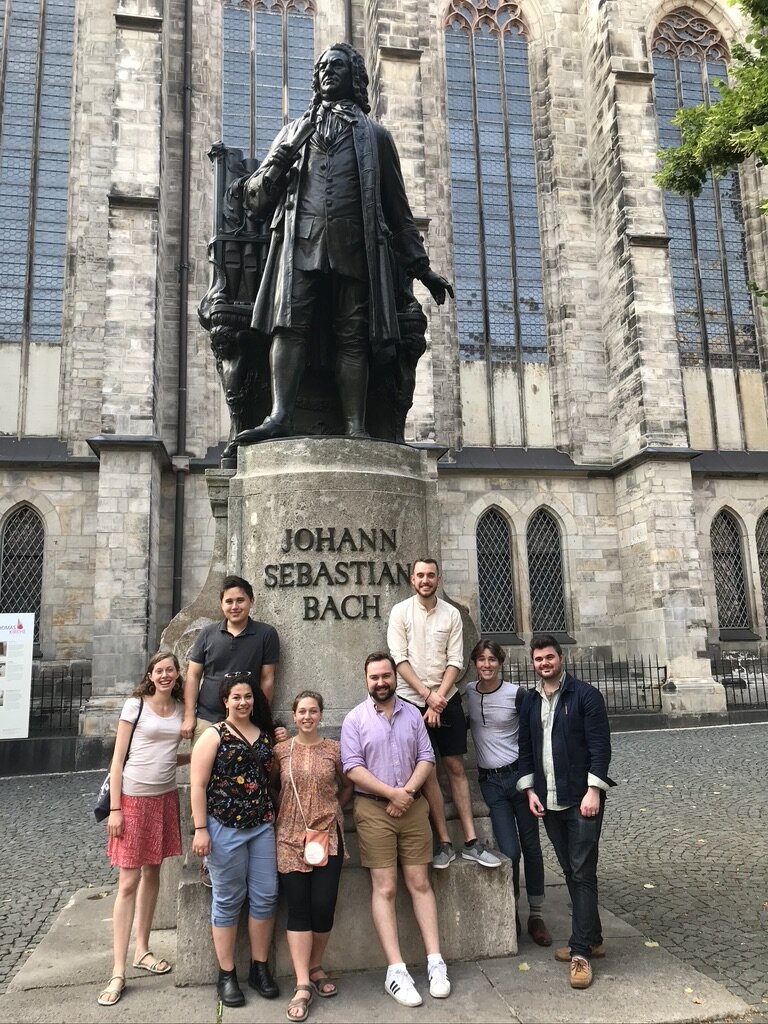
The Voxtet at the Thomaskirche, in Leipzig, Germany
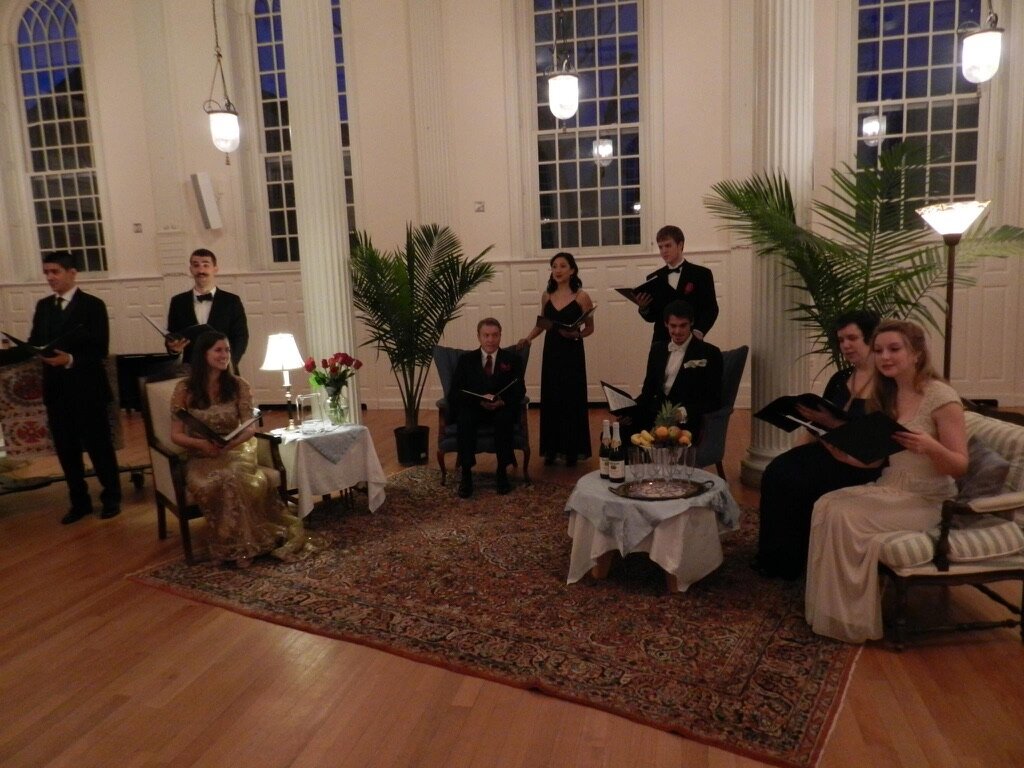
Serenata Italiana - Italian Song Recital with the Voxtet in Marquand Chapel
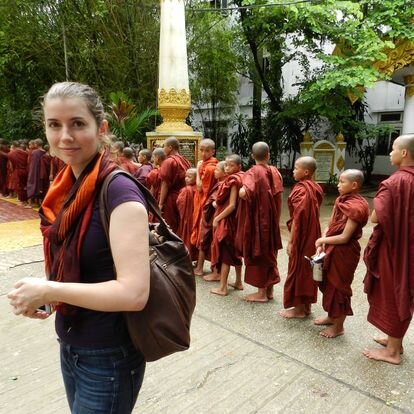
Molly Netter in Myanmar on tour with Masaaki Suzuki and Juilliard 415.
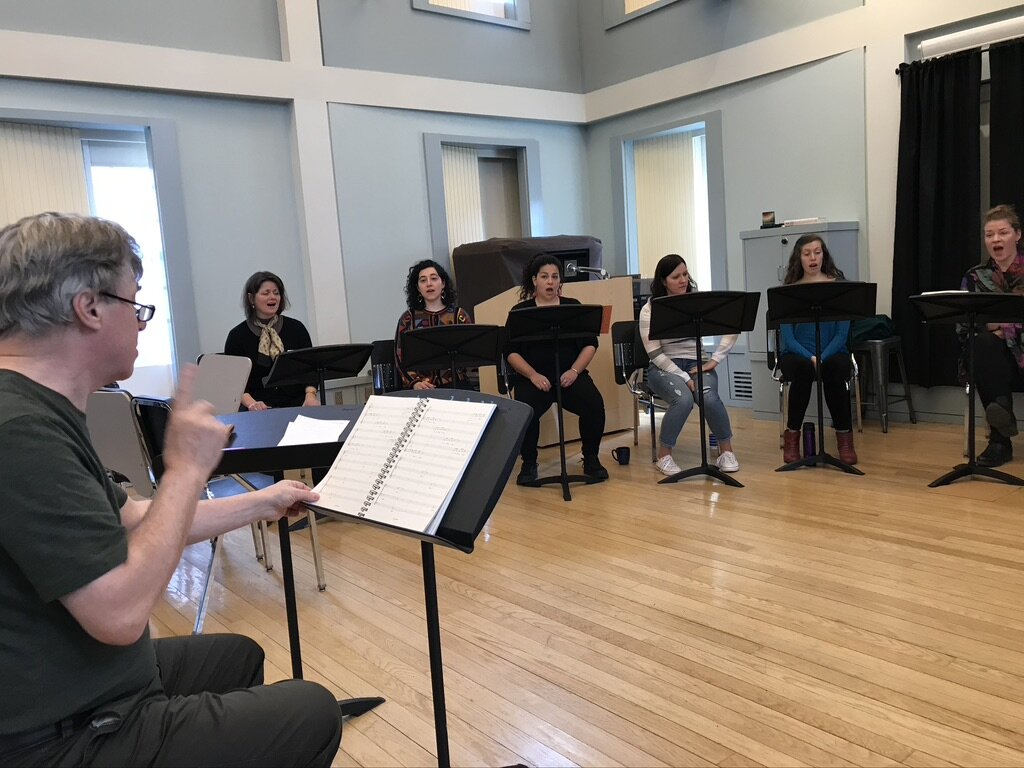
Paul Hillier rehearsing David Lang with the Voxtet and Theatre of Voices
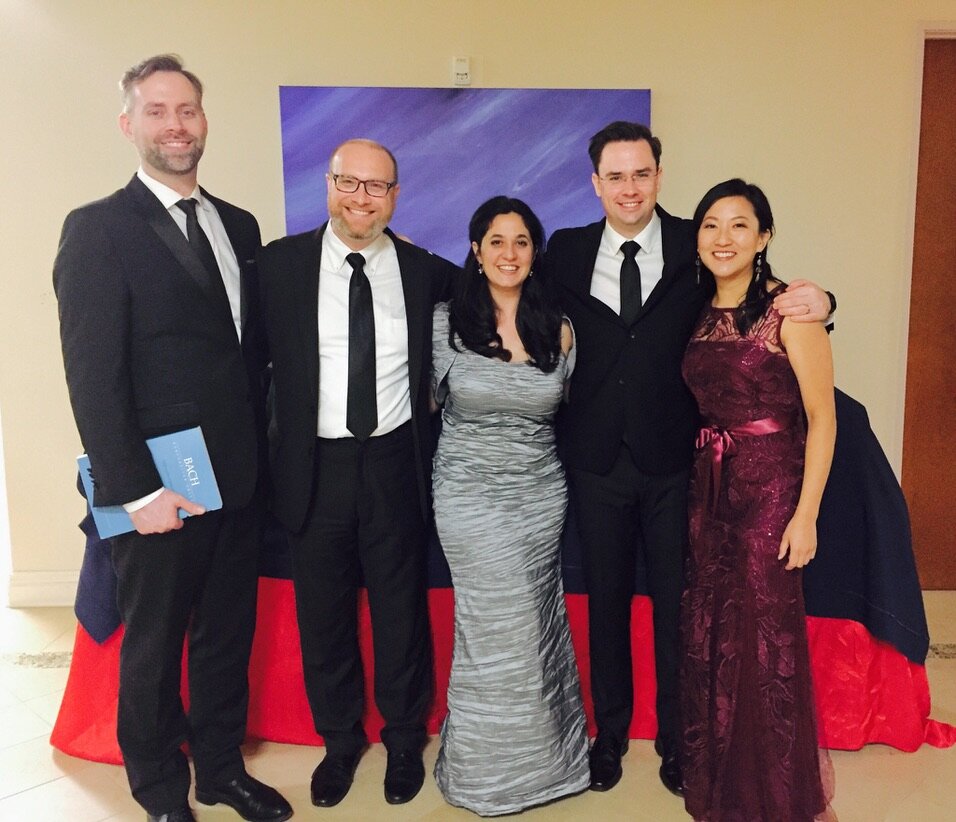
When five generations of Voxtet sing a gig together! (Paul Max Tipton, Jay Carter, Melanie Russell, Michael Wisdom, and Mindy Chu)
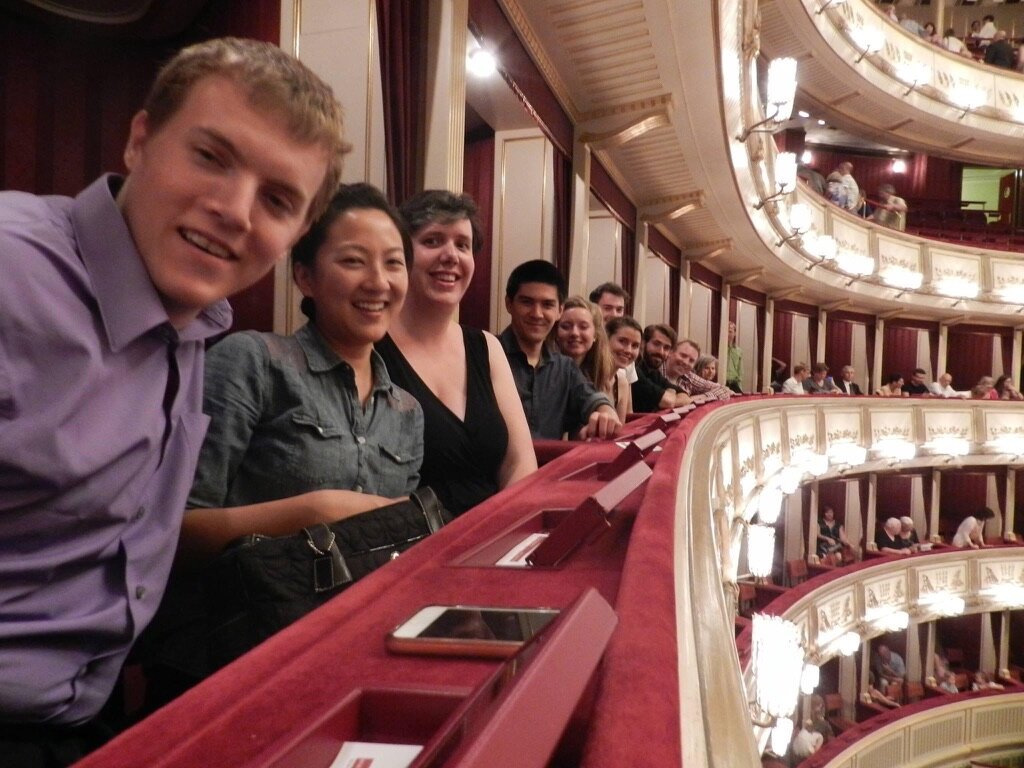
Attending "Die Zauberflöte" at the Vienna State Opera
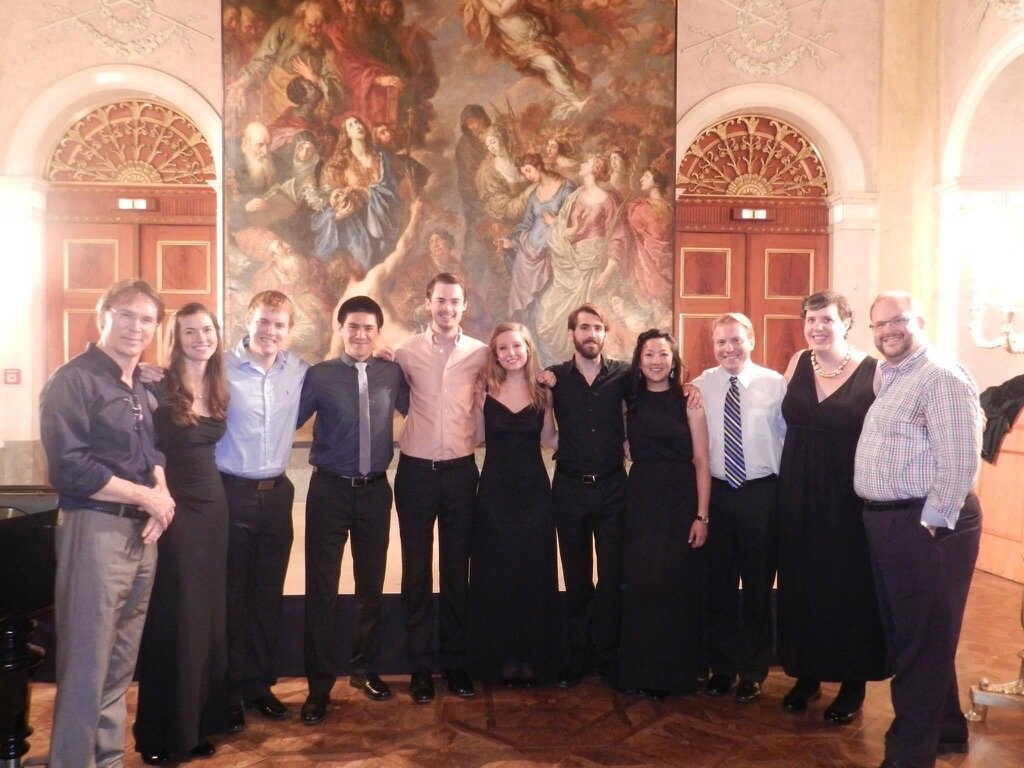
Voxtet Lied Recital in Vienna with pianist, Matthias Lademann
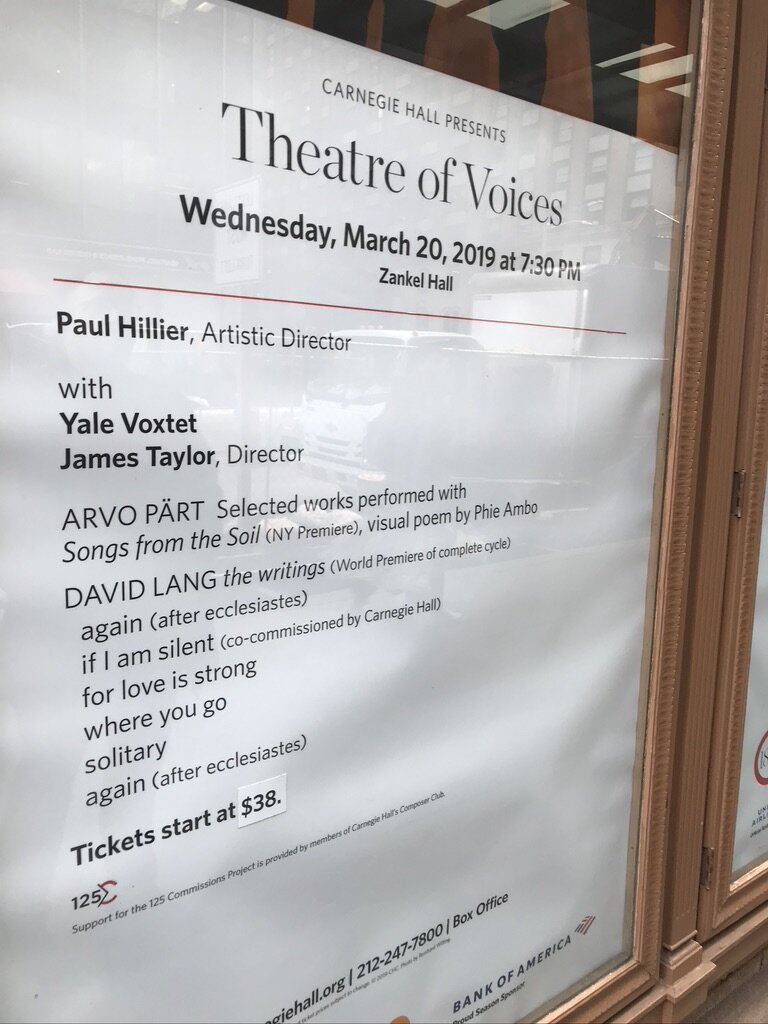
Voxtet at Carnegie Hall!
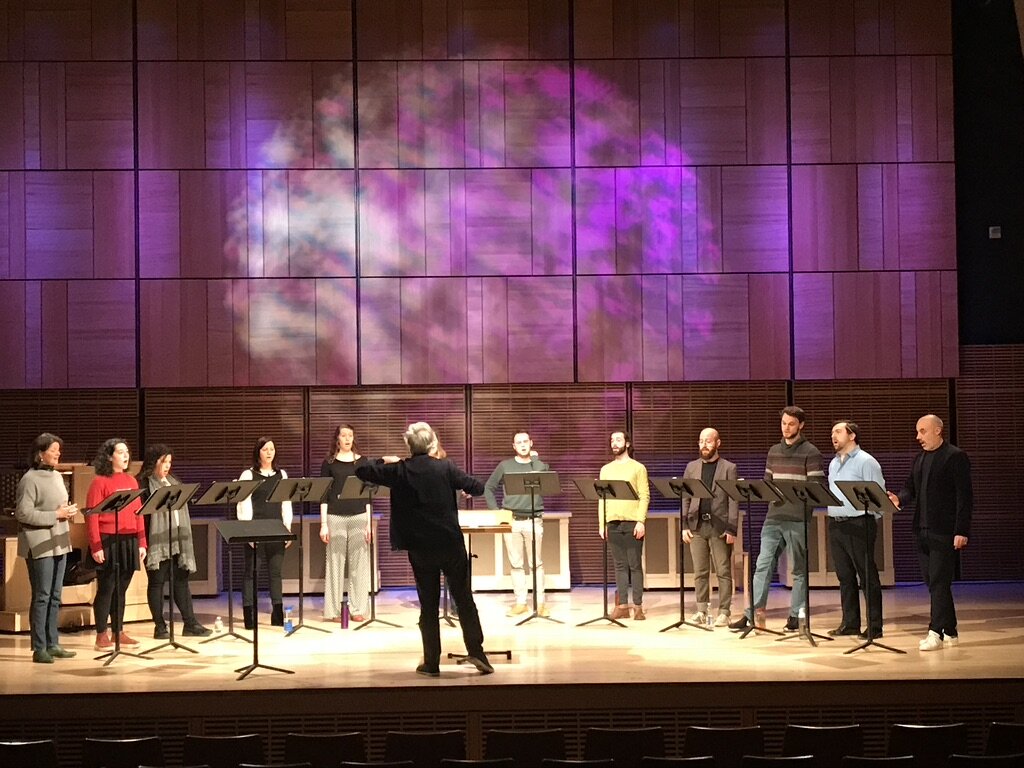
Concert in Zankel Hall with Paul Hillier and the Theatre of Voices
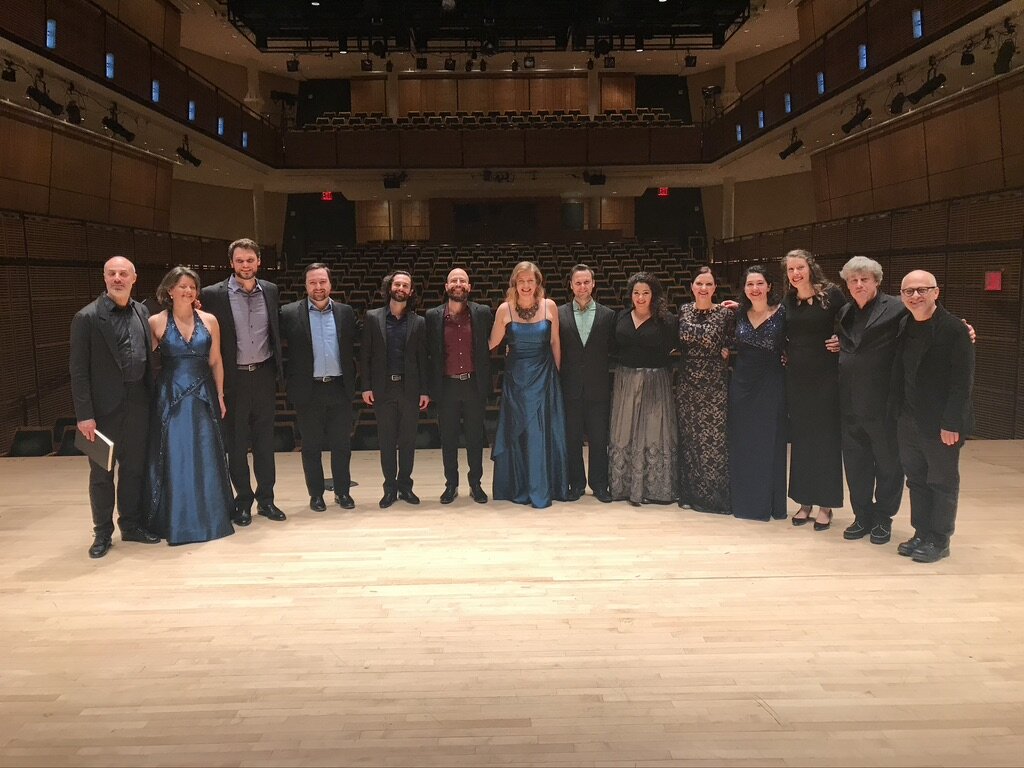
Voxtet performance in Zankel Hall with Paul Hilliar and the Theatre of Voices
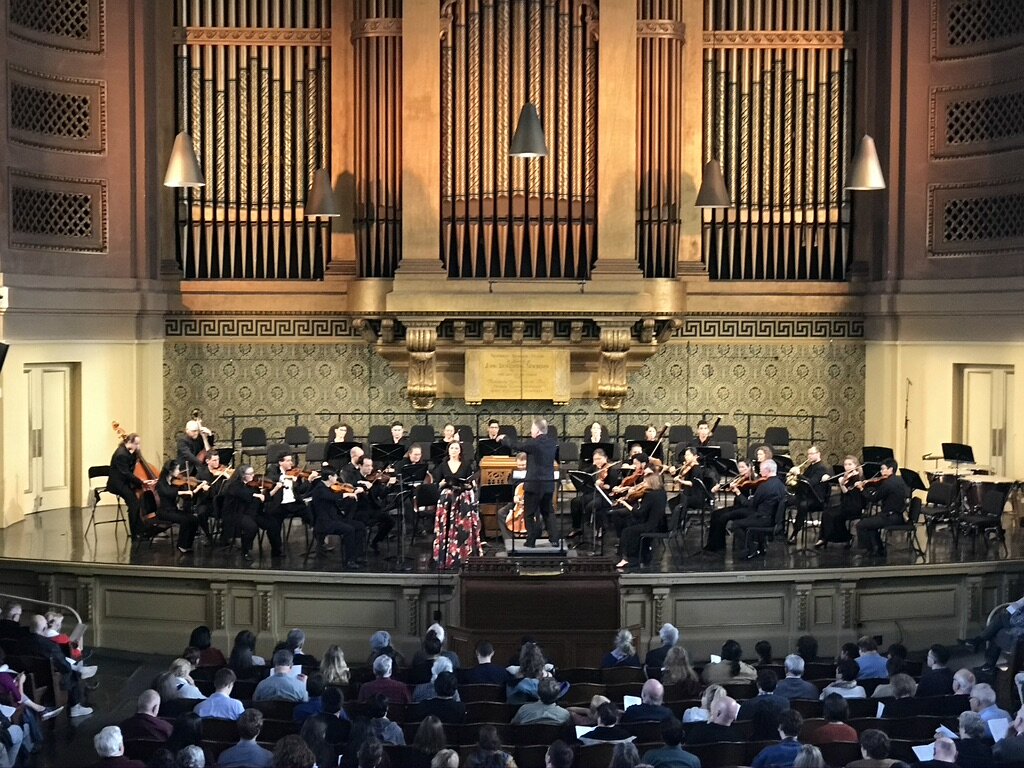
The Alto Rhapsody with Karolina Wojteczko and conductor, David Hill - Woolsey Hall, Yale
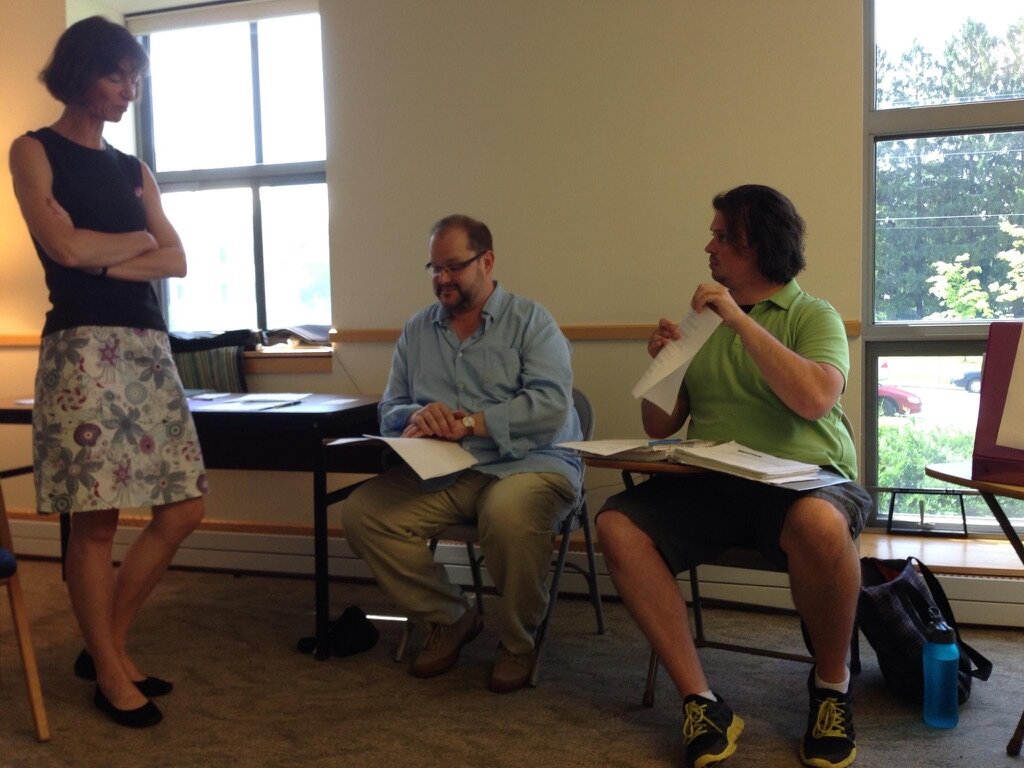
Teaching German diction at the Middlebury German School
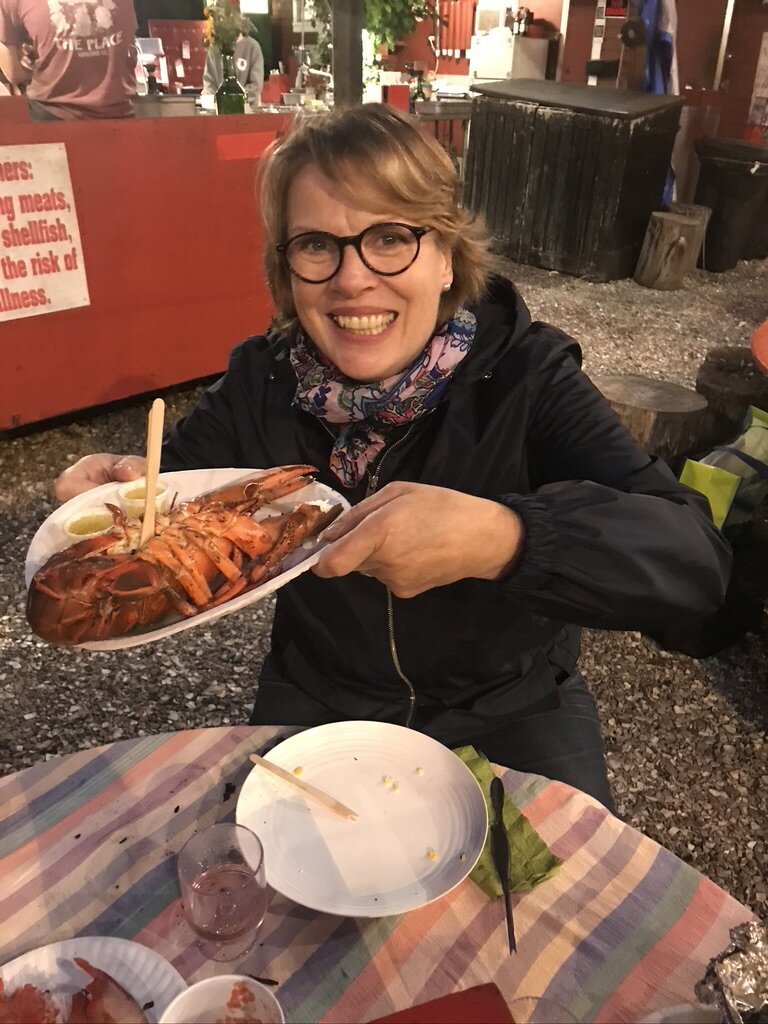
Bernarda Fink enjoying a Connecticut treat - Guest Professor 2019
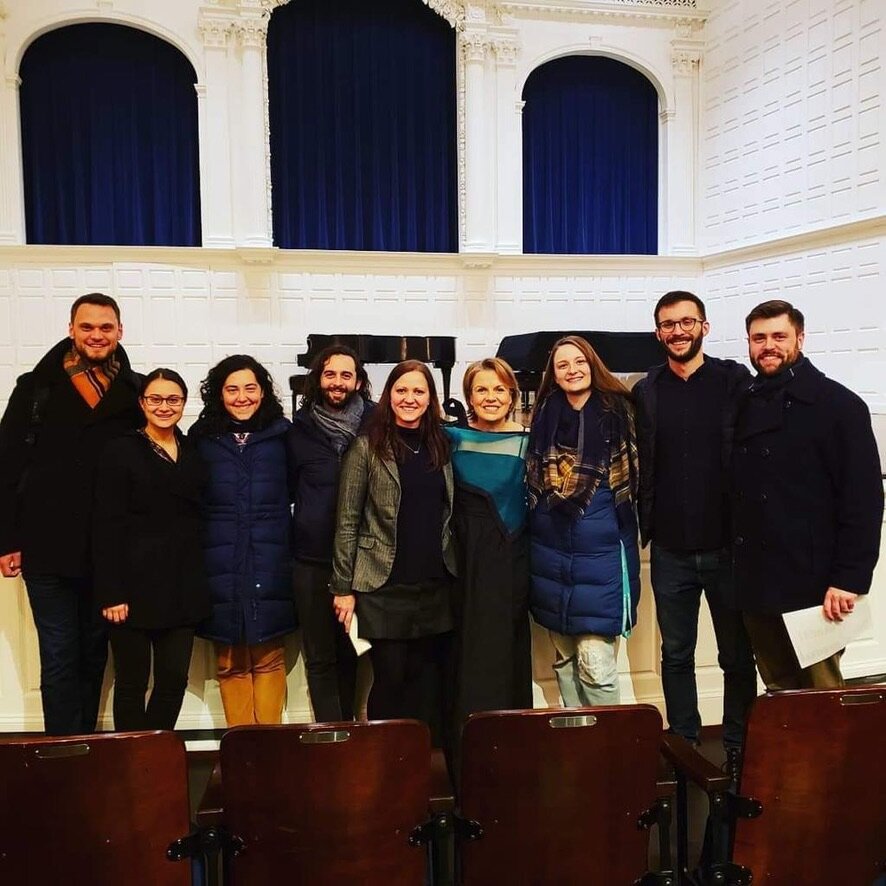
The Voxtet with Guest Prof. Bernarda Fink, while I was on sabbatical in Paris
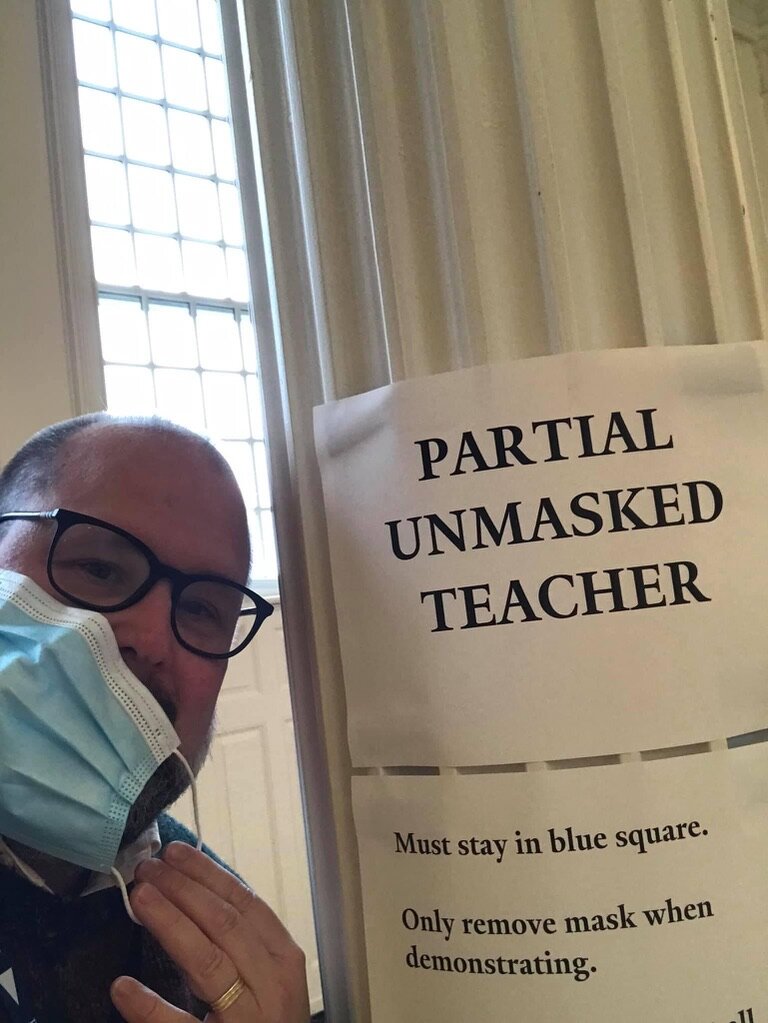
Pandemic Silliness
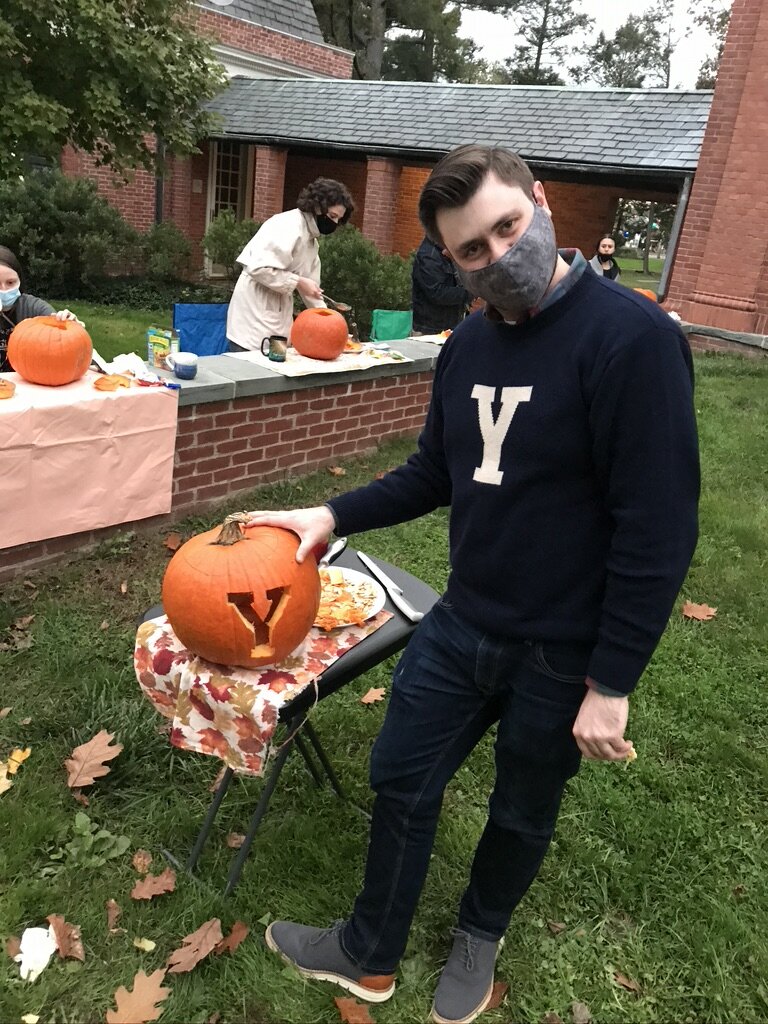
Voxtet Pumpkin Carving Party, 2020
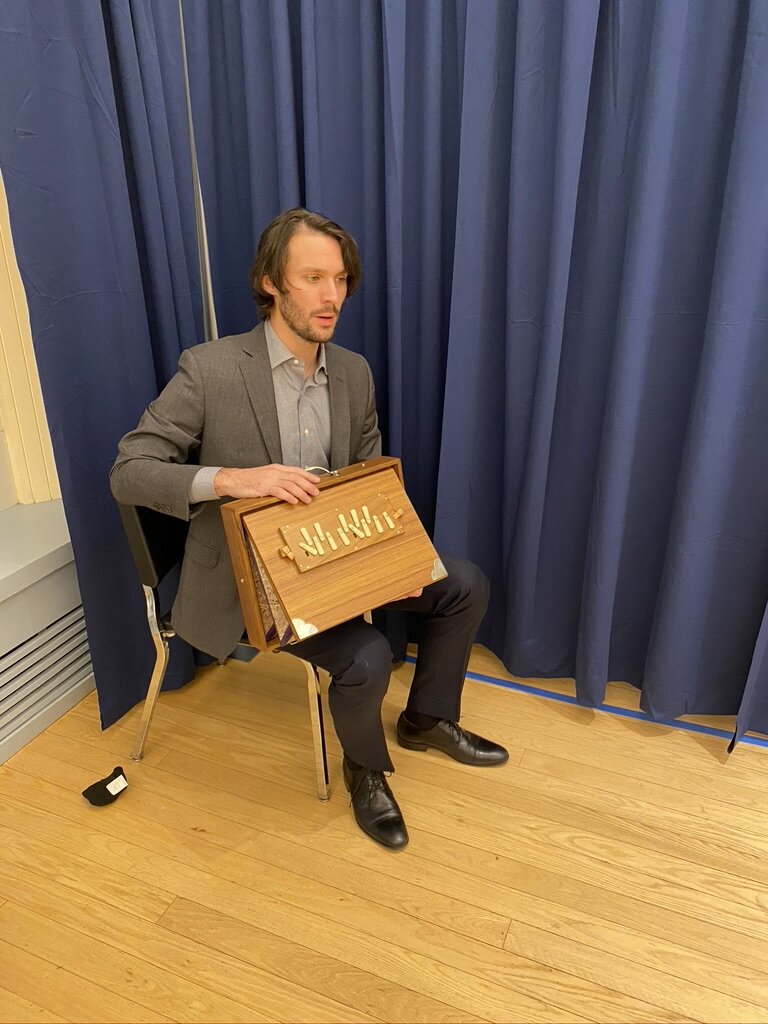
Self-accompanying / Chant recordings 2020
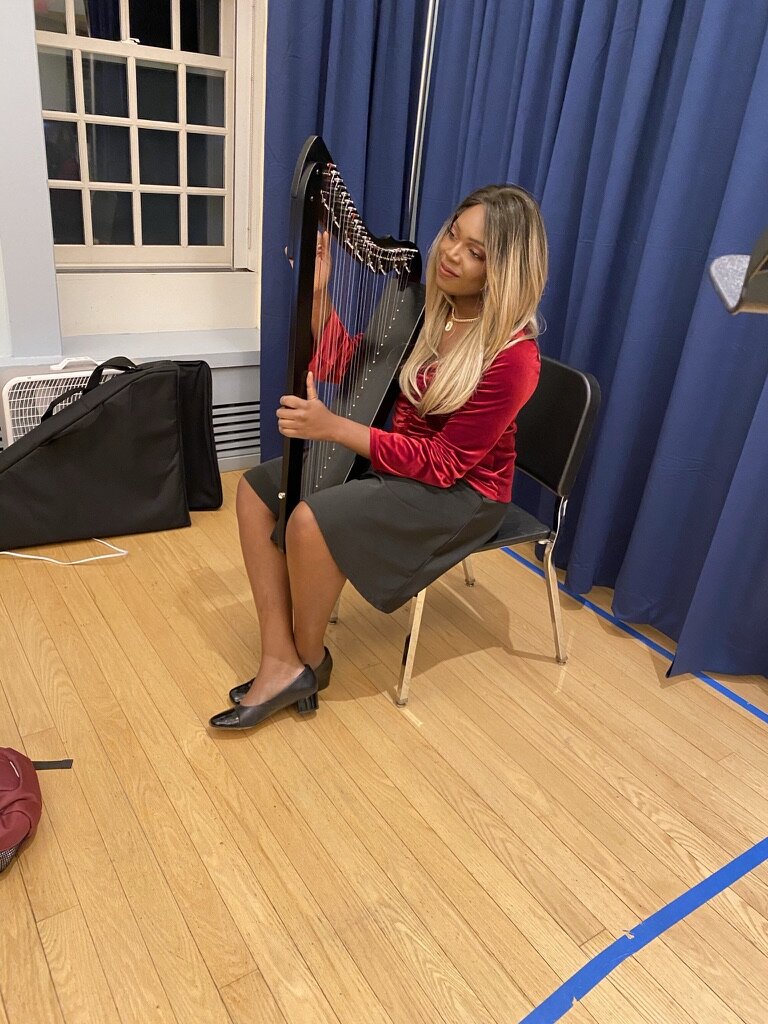
Self-accompanying / Chant recordings 2020
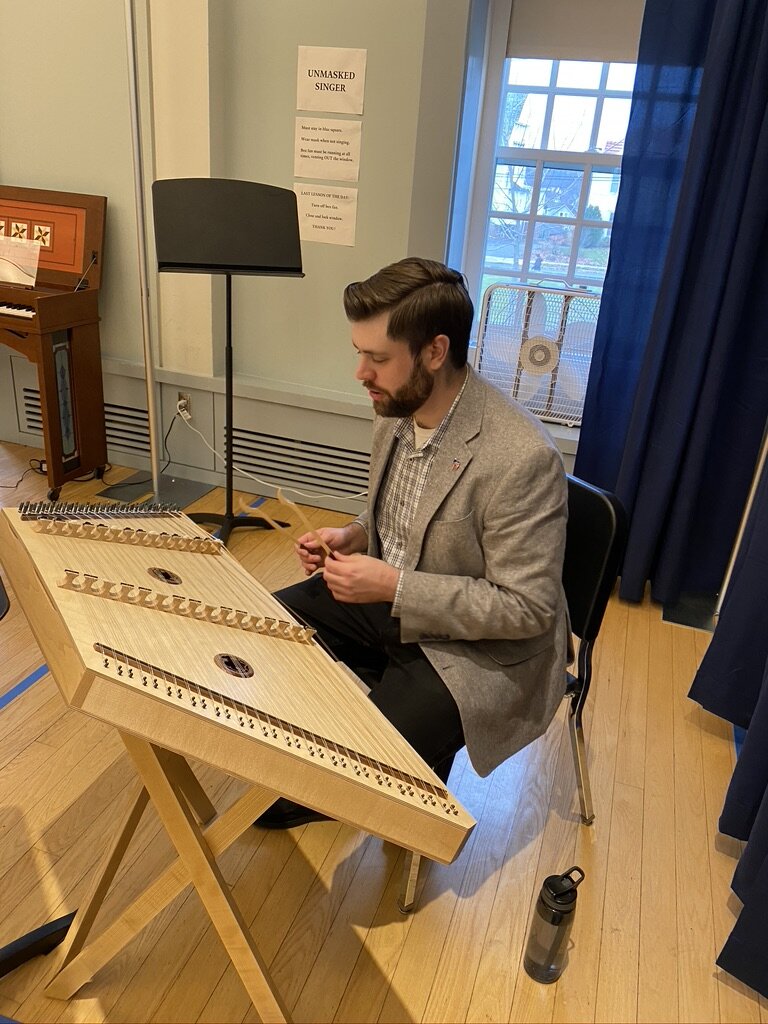
Self-accompanying / Chant recordings 2020
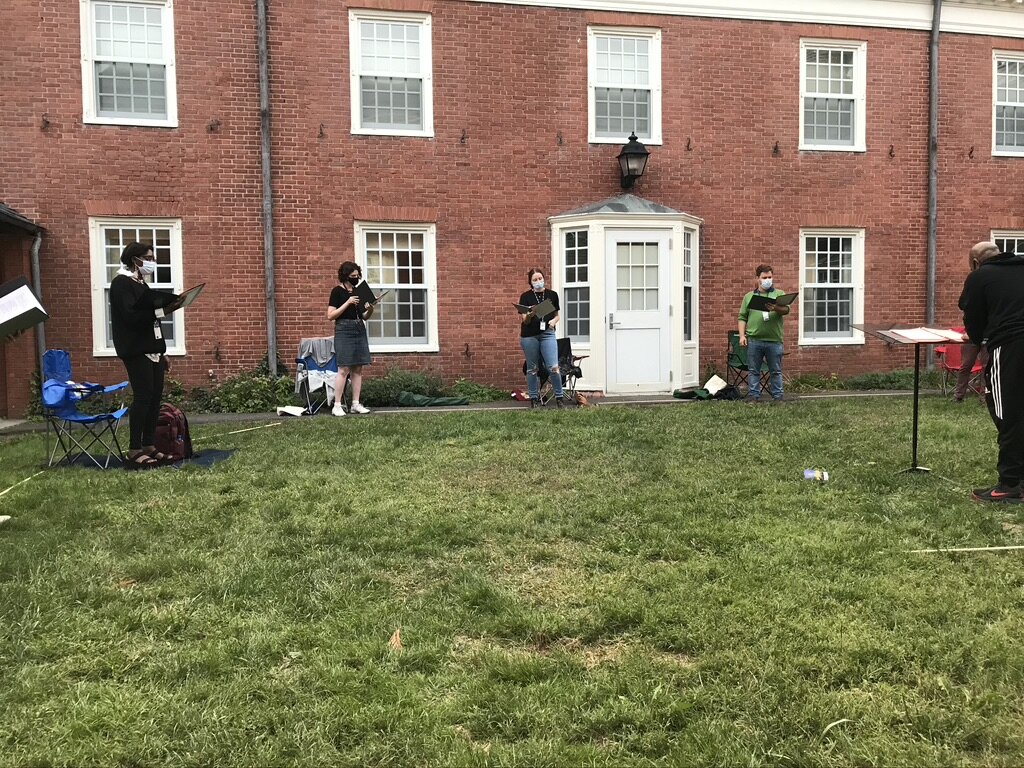
Doing as best we can...
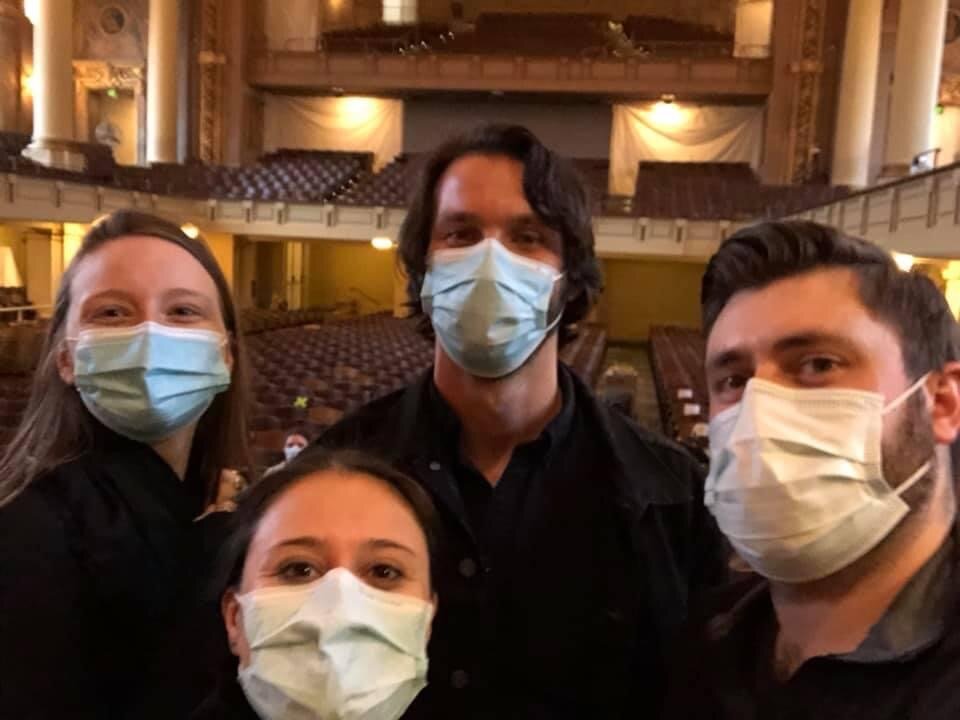
My heros! Recording project in Woolsey Hall, 2021 - Rhianna Cockrell, Andréa Walker, Chris Talbot in the middle, and Alex Longnecker

